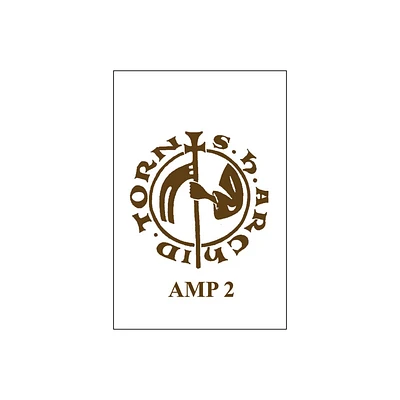Home
Henrici de Gandavo Summa (Quaestiones Ordinariae), art. XXXV-XL
Loading Inventory...
Barnes and Noble
Henrici de Gandavo Summa (Quaestiones Ordinariae), art. XXXV-XL
Current price: $135.00


Barnes and Noble
Henrici de Gandavo Summa (Quaestiones Ordinariae), art. XXXV-XL
Current price: $135.00
Loading Inventory...
Size: OS
*Product Information may vary - to confirm product availability, pricing, and additional information please contact Barnes and Noble
Along with the
Quodlibeta
, the
Summa
is the most important work of Henry of Ghent, the famous philosopher and theologian of the University of Paris at the end of the 13th century. Fully justified is the praise expressed by Henry of Hereford (+1370) when he speaks of the "profunditas mirabilis" of this work.
Just as the 15
Quodlibet
a are a more extensive working out of Henry's quodlibetical disputations at the University of Paris, so too is the
a more detailed publication of his ordinary lessons in the faculty of theology, which the author himself preferred to call Quaestiones Ordinariae.
This new critical edition of the
comprises articles 31-34. This new edition is preceded by a general introduction by professor L. Hödl, presenting the theological and philosophical ideas of Henry of Ghent, which are expressed in a systematic manner in his
.
Quodlibeta
, the
Summa
is the most important work of Henry of Ghent, the famous philosopher and theologian of the University of Paris at the end of the 13th century. Fully justified is the praise expressed by Henry of Hereford (+1370) when he speaks of the "profunditas mirabilis" of this work.
Just as the 15
Quodlibet
a are a more extensive working out of Henry's quodlibetical disputations at the University of Paris, so too is the
a more detailed publication of his ordinary lessons in the faculty of theology, which the author himself preferred to call Quaestiones Ordinariae.
This new critical edition of the
comprises articles 31-34. This new edition is preceded by a general introduction by professor L. Hödl, presenting the theological and philosophical ideas of Henry of Ghent, which are expressed in a systematic manner in his
.













